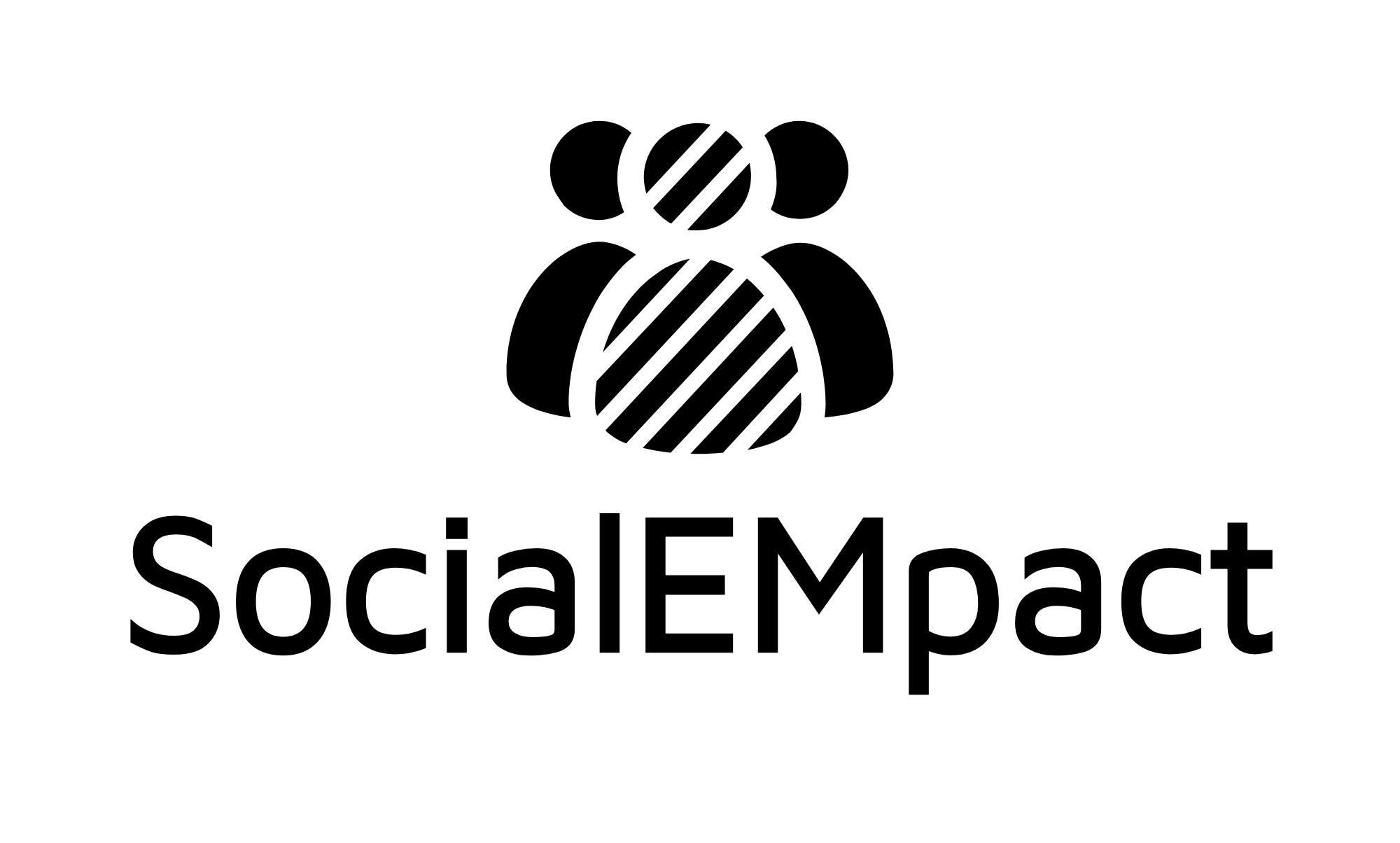Advocacy X Health Literacy
Topic: Health literacy
Summary:
Health literacy is the ability to obtain and process information related to one’s own healthcare. In the United States only 12% of individuals have proficient health literacy, leaving 9 out of 10 individuals unable to adequately comprehend information related to their own health. It is estimated that, on average, people in the United States read at a 7th-8th grade reading level, yet according to studies, patient educational materials are above the 8th grade reading level 30-100% of the time, often requiring university level reading skills. This can lead to medication non-adherence, missed appointments and seemingly irrational health care choices due to misunderstandings. In the ED we provide many patients with quick education, hand outs and strict instructions to help ensure a safe discharge home, or guide them towards healthy choices about their care. It's important that we recognize the problem of health literacy and work towards improving our communication with patients to ensure patient safety and understanding.
More detailed assessment of the problem using national survey data
https://web.archive.org/web/20190703141400/https://health.gov/communication/literacy/issuebrief/
Systematic Review on Health Literacy in the ED
https://www.annemergmed.com/article/S0196-0644(10)01465-4/abstract
Big News:
Failure to meet health literacy standards during Covid
Institute for Healthcare Improvement - Health Literacy annual conference archive
https://www.eventscribe.net/2021/hlc20/
Health Literacy In Action 2021 Conference
Recent News:
RSS feed https://news.google.com/search?q=%20%22health%20literacy%22%20when%3A7d&hl=en-US&gl=US&ceid=US%3Aen
can either run down the right side of the page as a column or be its own click and open page
Advocacy Tools, Resources and Efforts:
8 Ways to Improve Health Literacy in Daily Practice by the IHI
http://www.ihi.org/communities/blogs/8-ways-to-improve-health-literacy
Screening tools (most are very lengthy but the Single Item Literacy Screen is quick but slightly limited due to only moderate sensitivity)
Readability Test (useful for checking if your pamphlets are an appropriate reading level)
https://www.online-utility.org/english/readability_test_and_improve.jsp
CDC Health Literacy Tool Kit
https://www.cdc.gov/healthliteracy/learn/Resources.html
Guidelines Laws and Standards
https://www.cdc.gov/healthliteracy/guidelines.html
Policies by governing bodies:
ACEP: No formal statement available online
SAEM: No formal statement available online
US Department of Health and Human Services Action Plan
https://health.gov/communication/hlactionplan/pdf/Health_Literacy_Action_Plan.pdf
Contact us:
Other Citations
https://health.gov/communication/literacy/issuebrief/
https://www.ncbi.nlm.nih.gov/pmc/articles/PMC3514986/

